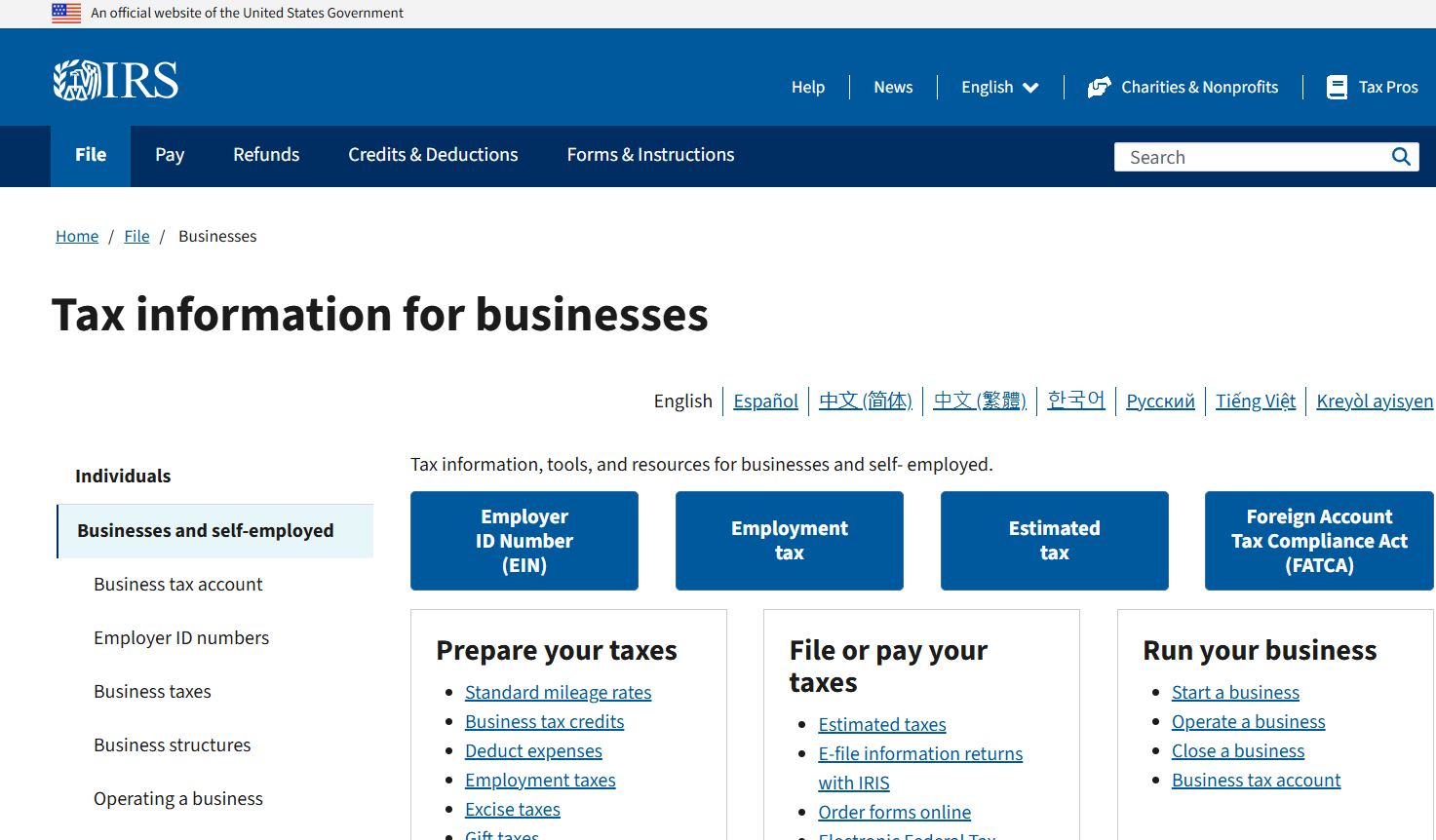Supreme Court’s Strikedown of Doma
Sept. 15, 2013 is important date for same-sex married couples
The original article is published on RIA Checkpoint website. The following article was slightly modified from the original source.
IRS’s recent announcements in which it spelled out how it would apply the Supreme Court’s strikedown of the Defense of Marriage Act ( DOMA) contain several Sept. 16, 2013 effective dates. Those dates create a Sept. 15 deadline for certain tax-saving moves by same-sex married couples and a “wait-until-after-Sept-15″ situation for others.
Supreme Court’s strikedown of DOMA.
In ’96, Congress enacted, and President Clinton signed into law, DOMA. Section 3 of DOMA defines marriage for purposes of administering federal law as the “legal union between one man and one woman as husband and wife.” It further defines a “spouse” as “a person of the opposite sex who is a husband or wife.”
In June, 2013, in Windsor, (Sup Ct 6/26/2013), the Supreme Court held that DOMA Section 3 was an unconstitutional deprivation of equal protection.
IRS guidance re recognizing same-sex marriage for federal tax purposes.
On Aug. 29, IRS issued Rev Rul 2013-17, 2013-38 IRB , IR 2013-72 , and Frequently Asked Questions (FAQs) (http://www.irs.gov/uac/Answers-to-Frequently-Asked-Questions-for-Same-Sex-Married-Couples) which provided guidance on how it would apply the Supreme Court’s Windsor decision.
Included in this guidance were the following rules:
(1) A same-sex couple that was legally married in a domestic or foreign jurisdiction that recognized their marriage (“same-sex married couple”) will be treated as married for federal tax purposes, regardless of where they currently live. This treatment applies for all federal tax purposes-including income, gift and estate taxes-and to all federal tax provisions where marriage is a factor. It applies prospectively as of Sept. 16, 2013. ( Rev Rul 2013-17 )
(2) For tax year 2012 and all prior years, same-sex spouses who file an original tax return on or after Sept. 16, 2013 generally must file using a married filing separately or jointly filing status. (Answers to Frequently Asked Questions No. 2)
(3) For tax year 2012 and all open prior years, same-sex spouses who filed their original tax return before Sept. 16, may choose (but are not required) to amend their federal tax returns to file using married filing separately or jointly filing status. ( Rev Rul 2013-17 )
Pre-Sept. 16 tax-saving move-engage in certain transactions in which being single is an advantage.
The Code contains a large number of provisions which put related parties who engage in particular transactions at a tax disadvantage as compared to other persons who engage in the same transaction. For all of those provisions, persons who are married to each other are considered related parties. Such transactions include loss deduction from sale or exchange of property between related parties, like-kind exchange deferral as defined in Sec. 1031, and transactions involving stock or ownership interests in non-corporate entities, where a related party owns an ownership interest in the entity.
Same-sex married couples who engage in either of the above types of transactions before Sept. 16 escape those disadvantages, while same-sex married couples who engage in those transactions after Sept. 15 are subject to the disadvantages.
1) If you are about to enter, or are considering entering, into a transaction with your same-sex spouse that you know is one of the above types of transactions, give serious consideration to completing the transaction before Sept. 16, so as to avoid the tax disadvantage. 2) If you are about to enter, or are considering entering, into any significant transaction with your same-sex spouse or that involves a business entity in which your same-sex spouse is an owner, give serious consideration to contacting your tax advisor immediately to have him determine whether entering into the transaction before Sept. 16 will allow you to avoid a tax disadvantage.
Pre-Sept. 16 tax-saving move-file a return so as to maintain single filing status for 2012 and/or other open years for which an original return has not yet been filed.
The Code provides both advantages and disadvantages to couples whose filing status is married, as compared to couples who are not considered married for tax purposes. Examples of such disadvantages are:
… Married persons who file jointly (which is almost always the status that yields the lowest tax for married couples) are generally jointly and severally responsible for the tax and any interest or penalty due on the joint return. For example, while Spouse A has no liability for Spouse B’s tax bill if the spouses each file as single, he does have such liability if they file a joint return. (… Use of excess capital losses to offset ordinary income is limited to $3,000 per return, except the limit is $1,500 for married persons filing separately. Thus, two single persons can offset a total of $6,000 of ordinary income, while a married couple is limited to $3,000.
… The fact that some tax parameters aren’t proportionately higher for couples than for singles-for example, higher tax brackets for joint filers apply at less than twice the income as for individuals, and phase-in and phase-out ranges don’t start at double the income level-causes some married couples to pay more income tax than if they were single.
Same-sex married couples who have not yet filed their 2012 or earlier open year tax return(s) need to immediately consider whether it may be advantageous for each of them to file as single for any one or more of those years. If they determine that there is any reasonable likelihood that there will be more-than-insignificant savings from each filing single, they should file those single returns before Sept. 16, because they will not be able to do so after Sept. 15. They should make such a move even if the returns are rushed and thus not fully complete. They can later (within the statute of limitations) amend those returns to fully complete them. And, based on the rule at (3) above, they can even amend those returns so as to file jointly, if, after further analysis, they determine that filing jointly for those years is advantageous.
“Wait-until-after-Sept.-15″ tax-saving move-engage in certain transactions with respect to which being married saves taxes.
The Code contains a number of provisions which put related parties who engage in a particular transaction at a tax advantage as compared to other persons who engage in the same transaction. For example, while gifts are generally subject to gift tax or increase the amount subject to estate tax, gifts between married persons are not subject to either of those rules; medical expenses are deductible if the status of the person as taxpayer’s spouse exists either when the medical services are rendered or when the expenses are paid; and there is an unlimited estate tax marital deduction.
Thus, for example, a same-sex married spouse who is concerned with the gift or estate tax should wait until after Sept. 15 to make gifts to his spouse and, if he qualifies for a 2013 medical deduction, to pay for any of his spouse’s medical expenses that he wants to pay.










